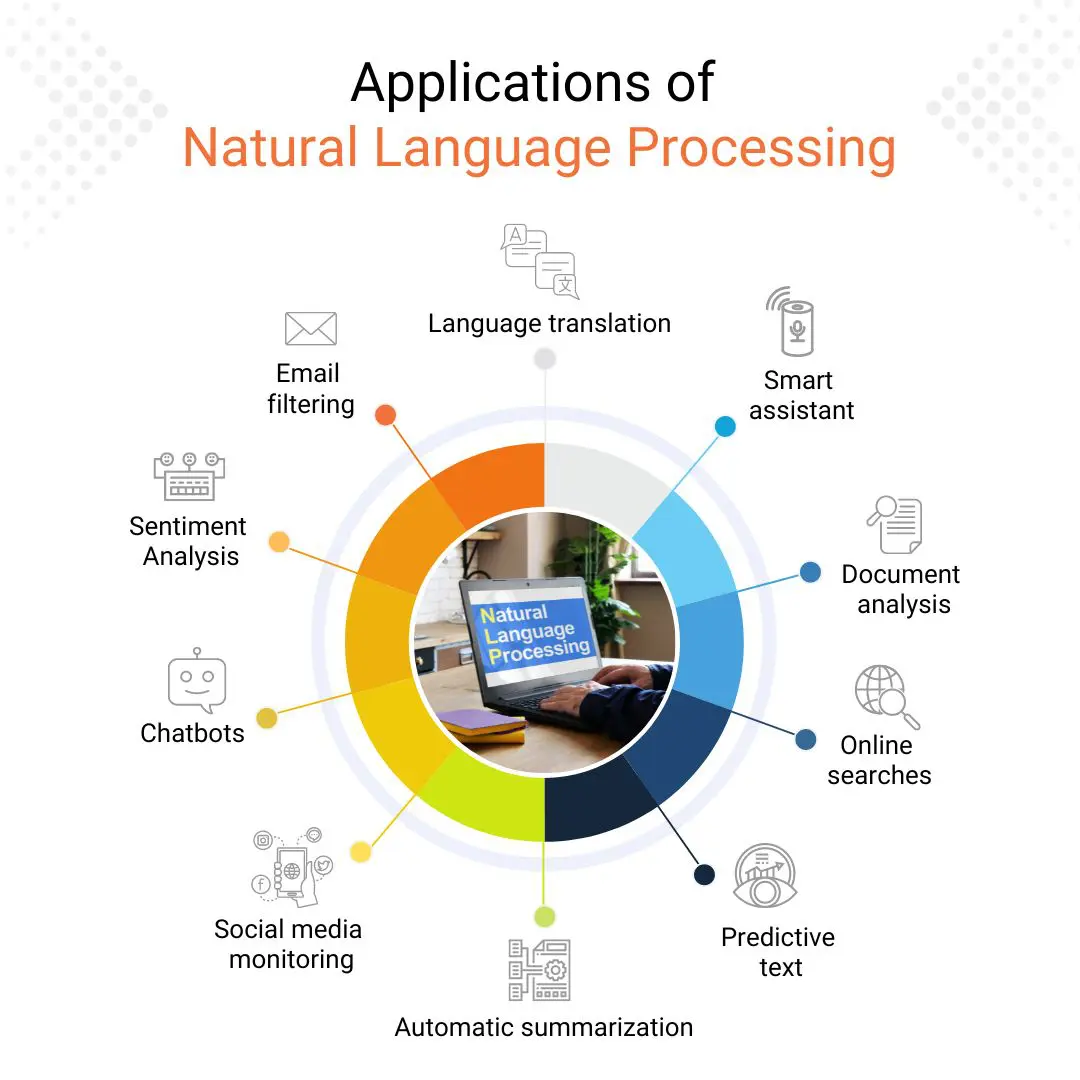Natural Language Processing (NLP), a branch of artificial intelligence, has been developed to help computers understand, interpret and manipulate human language. It draws from many disciplines, including computer science and computational linguistics, in its pursuit to bridge the gap between human communication and computer understanding.
Through NLP, computers can communicate with humans in their own language and perform language-related tasks such as reading text, interpreting speech, measuring sentiment, and determining which parts are important.
Today’s machines can analyze more language-based data than humans, without fatigue and in a consistent, unbiased way. With the staggering amount of unstructured data generated every day, automation will be critical to fully analyze text and speech data efficiently.
Natural language understanding (NLU), a subfield of NLP, has begun to rise in popularity due to its potential in cognitive and AI applications. NLU goes beyond the structural understanding of language to interpret intent, resolve context and word ambiguity, and even generate well-formed human language on its own. NLU algorithms must tackle the extremely complex problem of semantic interpretation – that is, understanding the intended meaning of spoken or written language, with all the subtleties, context and inferences that humans are able to comprehend.
The evolution of NLP toward NLU has a lot of important implications for businesses and consumers alike. The power of an algorithm that can understand the meaning and nuance of human language in many contexts, from medicine to law to the classroom, is invaluable.
